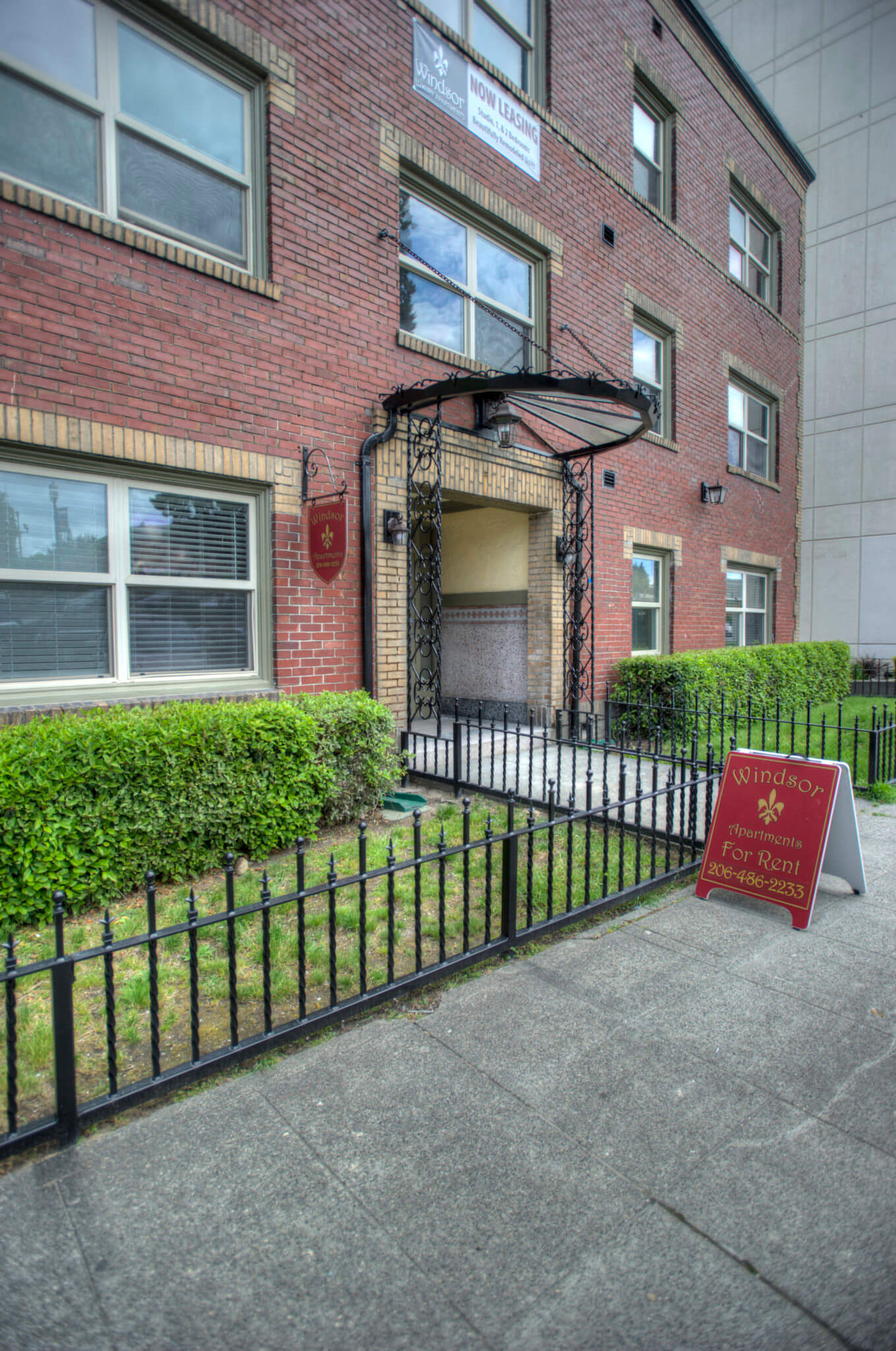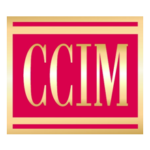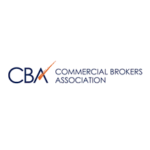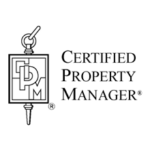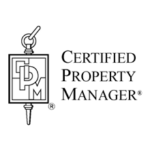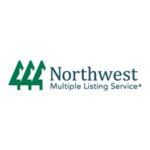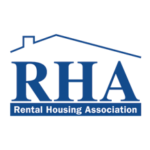Education
Building Management Cost Segregation
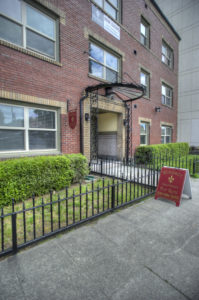 More and more, building owners are being bombarded by specialist and companies about the benefits of “cost segregation”. Simply put, Cost segregation is a strategy whereby tax deductions on the real property are accelerated, thereby providing additional tax deductions and a better after tax cash flow. The catch is this additional tax deduction is not a free lunch. It simply accelerates a longer deduction process which shows up as higher deductions taken during a shorter period of time.
More and more, building owners are being bombarded by specialist and companies about the benefits of “cost segregation”. Simply put, Cost segregation is a strategy whereby tax deductions on the real property are accelerated, thereby providing additional tax deductions and a better after tax cash flow. The catch is this additional tax deduction is not a free lunch. It simply accelerates a longer deduction process which shows up as higher deductions taken during a shorter period of time.
The IRS code allows for an owner to depreciate their buildings over 27.5 years if it is a residential property and 39 years if it is a commercial property. The theory being is that the “life span” of a property is respectively 39 and 27.5 years. When an owner puts in improvements such as carpets, refrigerators, or other capital improvements, they must depreciate the value of the improvement over the life span of the item being put into service. While there is no definitive chart, it is typical to see appliances depreciated over a 5 or 7 year period, a roof over a 10 or 12 year period, and carpets depreciated over a 3 or 4 year period. These depreciable assets are treated differently from ordinary expenses such as maintenance repairs which are expensed and taken during the year in which they were made. The longer period of 27.5 years applies to the wires, plumbing, and other fixed assets in the property acquired. The benefits vary by item and typically your tax professional will set up a chart to track the amount of the deductions you take.
In recent years a new model has been developed called cost segregation. The process requires a specialist that uses an engineering-based approach as specified by the IRS. Their job is to identify assets within a building that can be “reclassified” into a much shorter depreciation class than the building itself. By using architectural and engineering drawings and a physical inspection, cost can be reallocated.
While many companies offer these services for free, there is no proverbial free lunch and you will be billed based on the amount of tax savings they can achieve for you. While most of us rejoice in the savings of taxes, using this method to save taxes has a hidden potential to come back and bite you. I liken it to refinancing money out of your property. You can get the funds and not have to pay any capital gain taxes on it however when you go to sell, all of a sudden, you need to pay the taxes that ordinarily would have been paid had you sold the property. There are many sellers who think they will pull out a substantial sum of money who find they need to borrow funds just to pay the capital gain taxes on the sale and the money that was taken out along the way in the form of refinancing.
When you go to sell your property, and if you are not going to exchange, you need to pay the 25% recapture on all the money you have depreciated on the property. If, over the normal period of ownership you have taken $400,000 in depreciation, you will need to pay $100,000 in recapture plus the capital gains you have achieved and any money you still owe against a mortgage. As most owners do not keep their buildings over ten years, if you use Cost Segregation the amount of money you will need to come up with in the form of recapture may turn out to be a curse, rather than a blessing. Keep in mind, this is not free money. It is simply money that Uncle Sam allows you to borrow against the future and you must be sure you are in a position to pay it back. More often than not, you may be better off without it.
About the Author
Bruce A. Kahn, CCIM, CPM is a Managing Director of Foundation Group Investment Real Estate Solutions, a full-service property management and brokerage company. He has earned the designation of CCIM (Certified Commercial Investment Member) issued by the CCIM Institute, and is a CPM (Certified Property Manager) with the IREM (Institute of Real Estate Management). For further information or for a property analysis, please contact him at 206-324-9424 or by email.
is a Managing Director of Foundation Group Investment Real Estate Solutions, a full-service property management and brokerage company. He has earned the designation of CCIM (Certified Commercial Investment Member) issued by the CCIM Institute, and is a CPM (Certified Property Manager) with the IREM (Institute of Real Estate Management). For further information or for a property analysis, please contact him at 206-324-9424 or by email.
